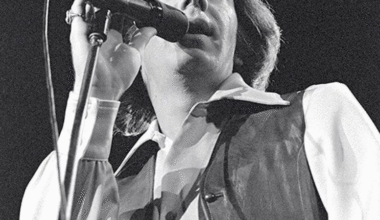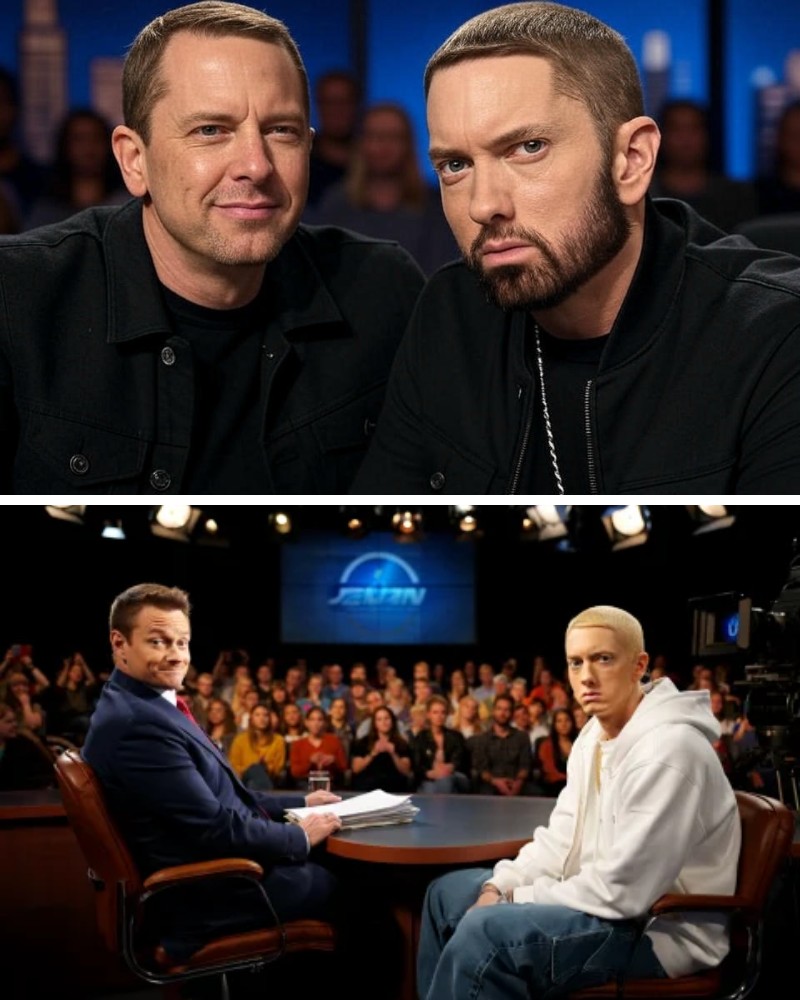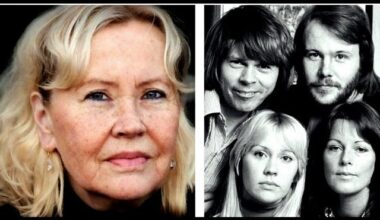When Queen skyrocketed to international fame in the mid-1970s, guitarist Brian May made a life-changing decision that strained his relationship with his father, Harold May. Choosing to drop his astrophysics PhD studies to focus on the band, Brian faced his father’s fierce disapproval—leading to nearly two years of silence that deeply affected the family. Yet, a dramatic reconciliation at Queen’s first Madison Square Garden show in 1977 marked a turning point in their relationship, underscoring the complexities of family amid stardom.
The Academic Path Abandoned for Rock Glory
Brian May, born in 1947, was not only a gifted musician but also a dedicated scholar. He was pursuing a PhD in astrophysics at Imperial College London, researching interplanetary dust, when Queen’s breakthrough with Sheer Heart Attack (1974) and A Night at the Opera (1975) thrust the band into global stardom.
Faced with growing demands from Queen’s meteoric rise, Brian chose to suspend his doctoral studies in 1974 to dedicate himself fully to music. This decision was a bitter blow to his father Harold, an electrical engineer and RAF veteran who had contributed to prestigious projects such as the development of Concorde.
Family Conflict and Emotional Toll
Harold May saw Brian’s choice as a rejection of the academic and professional path he valued. The resulting estrangement was severe; the two did not speak for nearly two years. Brian has described the emotional toll on the family, revealing in a 2014 Guardian interview that his mother Ruth suffered a nervous breakdown amid efforts to reconcile father and son. “It drove her to a nervous breakdown,” Brian said. “I inherited my dad’s stubbornness and she couldn’t get either of us to budge.”
This difficult period underscored the personal cost behind the public success of Queen, highlighting the challenges artists face balancing family expectations with career demands.
The Pivotal Madison Square Garden Moment
The breakthrough in their relationship came in November 1977, during Queen’s first show at New York’s Madison Square Garden. In a symbolic gesture, Brian flew his parents to New York aboard Concorde—the very supersonic jet Harold had worked on but never flown himself. Along with Brian’s wife Chrissie and newborn son Jimmy, the family stayed in a luxury hotel.
After the electrifying performance, Brian’s father extended his hand and said, “OK, son, I get it now.” The moment of paternal approval was deeply poignant, marking the end of their estrangement and a new chapter of mutual understanding.
A Quiet Act of Gratitude
Years later, Brian discovered that Harold had quietly been paying off the family mortgage well into his later life—a fact the younger May had been unaware of during his youth. Moved by this realization, Brian cleared the mortgage himself, an act of love that Harold was hesitant to fully accept.
In the same Guardian interview, Brian recalled, “He wasn’t comfortable with that and told me that he thought he’d failed because I earned as much in a night as he had in his career.” This touching revelation highlights the complexity of their relationship, blending pride, humility, and familial love.
Harold May passed away in 1991 from cancer, but his legacy lived on through this transformative bond with his son.
Conclusion
Brian May’s story of conflict and reconciliation with his father amid Queen’s rise is a powerful reminder that behind legendary careers lie deeply human stories. From academic aspirations to rock stardom, and from estrangement to understanding, their journey captures the emotional nuances of family, ambition, and forgiveness—set against the backdrop of one of rock’s most iconic bands.





